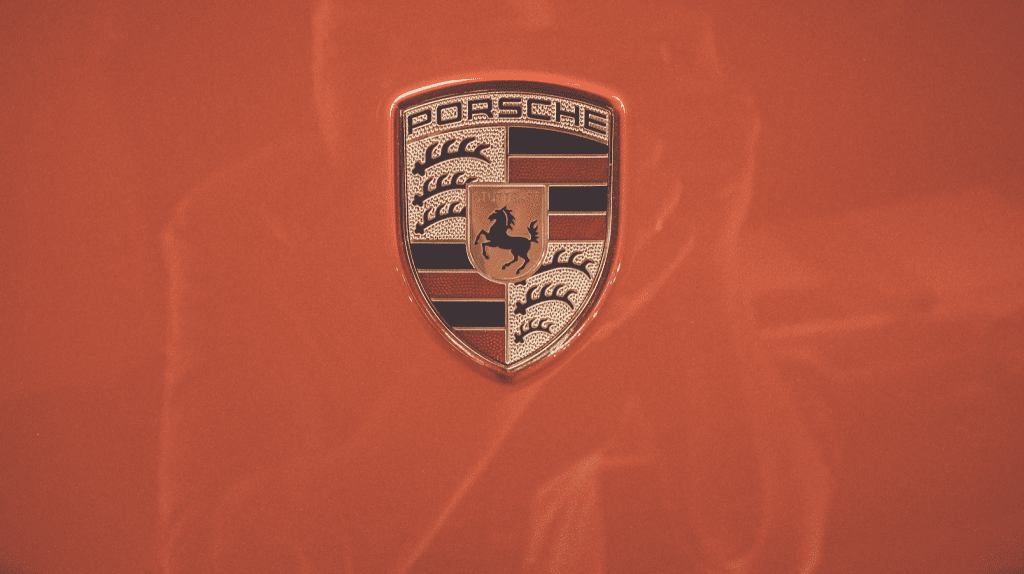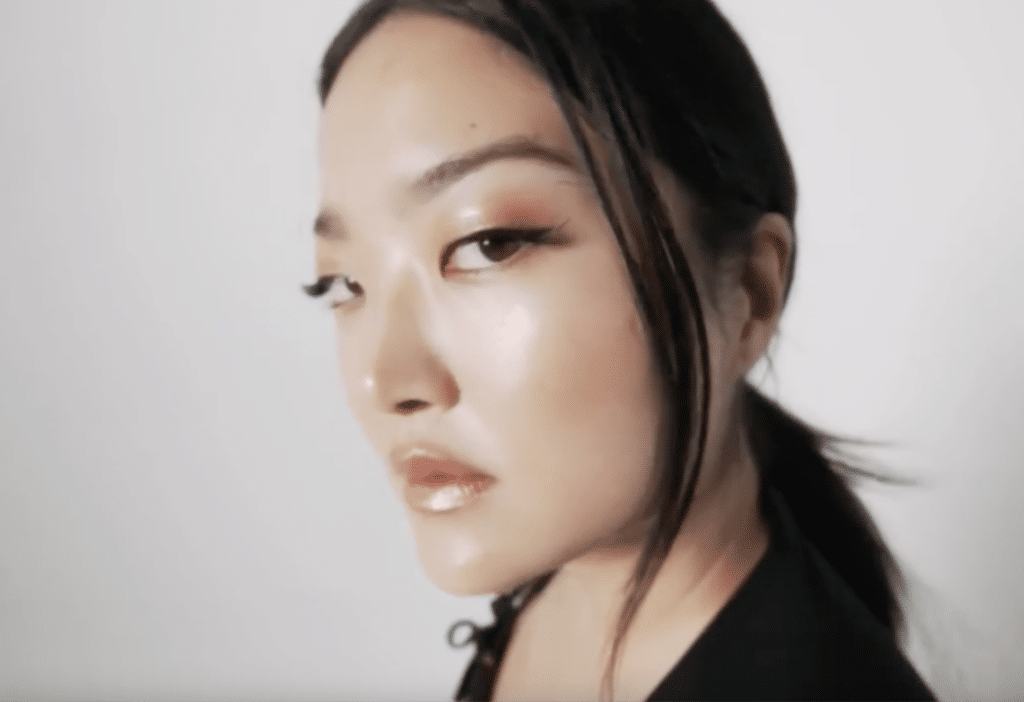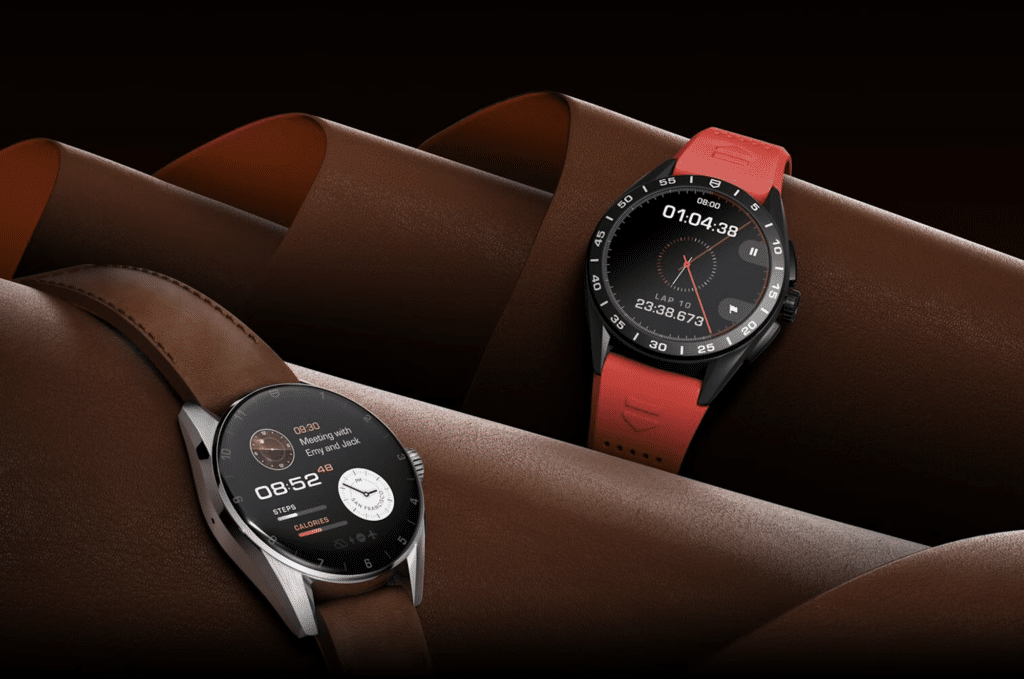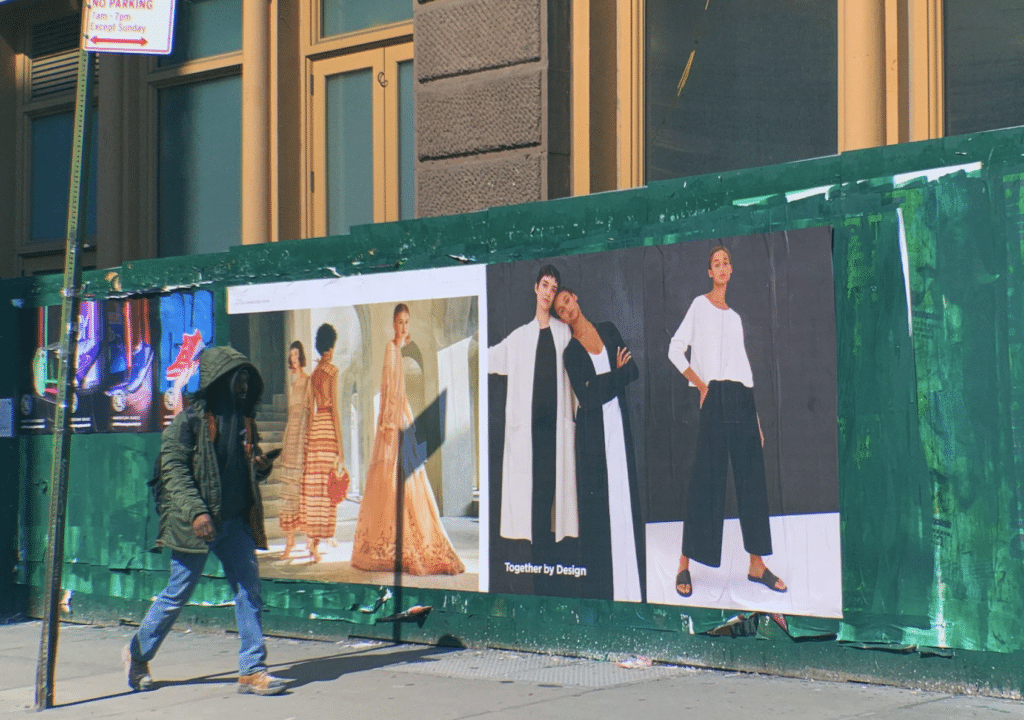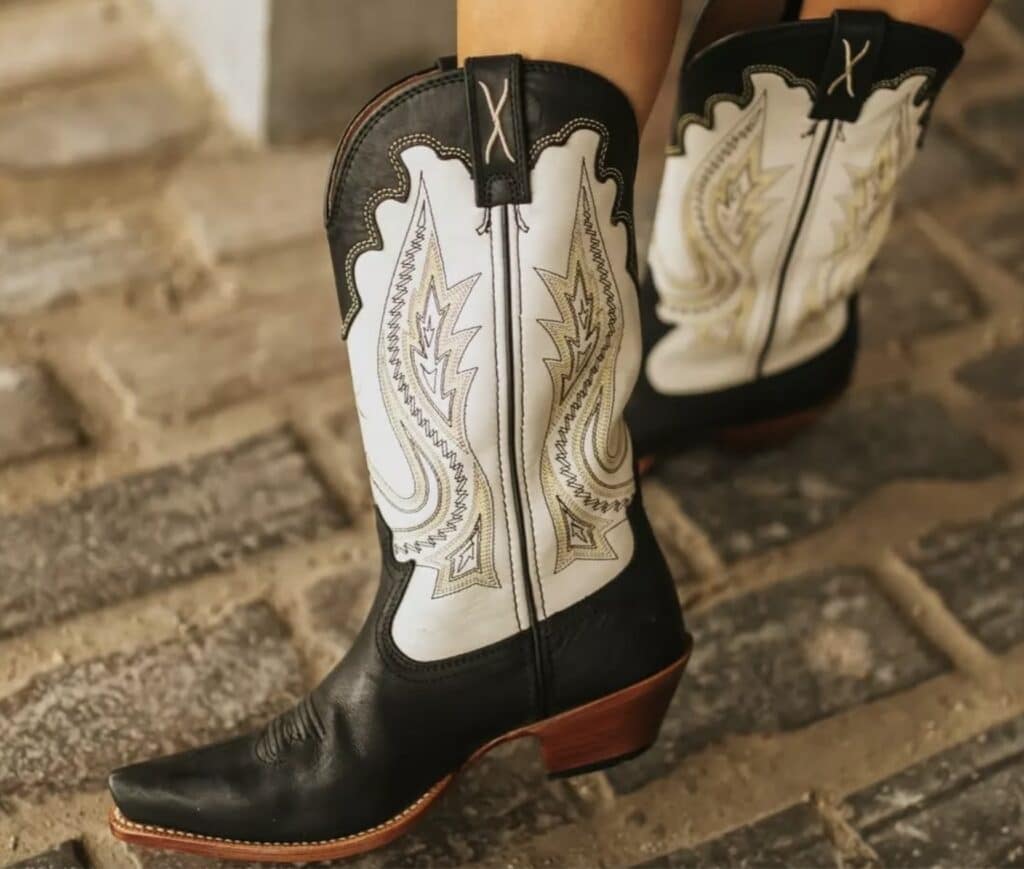A couple of trademark stories are worth discussing. The first – which centers on British multinational retailer Marks & Spencer – is significant because it clearly demonstrates that a trademark is more than merely an indicator of source, it is also a saleable asset, and in many recent examples, the primary asset at the center of an M&A transaction. The second scenario – which considers the implications of brand extensions – is similarly noteworthy in that it suggests that the strength of companies’ trademarks may be far more robust than we think they are.
The first story involves well-known London-based retailer Marks & Spencer, which, like many other retailers across the globe, was hit by a shopping slump as a result of the COVID-19 pandemic. Against the background of falling sales (M&S reported in January 2021 that revenue in its clothing and home division slumped 25.1 percent in its third quarter which ended on Dec. 26, after falling by 21.3 percent in Q2) and in order to help ease its enduring woes by bolstering “its efforts to sell a wider selection of brands online, a strategy that will pit it directly against its larger FTSE 100 rival, Next,” according to the Guardian, M&S announced in January 2021 that it would acquire English fashion brand Jaeger Retail Limited, which had been in liquidation.
Addressing the acquisition, which was finalized in January 2021, an M&S spokesman said at the time, “We have set out our plans to sell complementary third-party brands … to accelerate our transformation and turbocharge online growth … in line with this, we have bought the Jaeger brand.” M&S has, in fact, not only acquired the Jaeger brand, but it has also bought a number of other brands, including Early Learning Centre, Nobody’s Child, and Ghost London, in furtherance of this same aim.
An M&S spokesman was quoted in January 2021 as saying that the company was “in the final stages of agreeing to the purchase of product and supporting marketing assets from the administrators of Jaeger Retail Limited.” The reference to “product” presumably refers to a limited amount of Jaeger stock, and while the term “supporting marketing assets” is not defined, it presumably refers to registrations for the company’s trademarks. What is quite clear from the news of the parties’ deal is that M&S is not taking on the Jaeger shops or concessions, thereby, putting the Jaegar brand, itself (as distinct from more tangible assets associated with the company) at the center of the transaction.
In other words, what M&S has acquired is the “Jaeger” trademark – and presumably, a number of related trademarks, as well – which it will apply to an array of goods, namely, apparel. As such, the trademarks will serve as assets that the company believes will produce a revenue stream.
A Robust & Flexible Asset
The second recent news report refers to the concept of brand extension, or in other words, the practice of taking an existing brand and using it in relation to goods or services other than those for which it has been used in the past. Many companies look to – and ultimately, benefit from – various brand extensions because such endeavors enable brands to enter into new market categories, thereby, introducing new revenue streams. But while such initiatives bring opportunities for increased brand use, companies generally do not undertake brand extensions lightly. In fact, before engaging in such an extension, brand owners are encouraged to consider various issues, such as …
The business case: Is there money to be made?
The legal issues: Is the brand (name, logo, domain names, etc.) available in respect of the extended goods or services? (This will be determined by way of a clearance search, which can be an expensive exercise.)
Protection: If the trademark is available, should it be registered for those goods and services? (Cost will often play a role here.)
The reputation element: Is there any risk that the extension will dilute or tarnish the brand as it currently exists?
The last question is a particularly compelling one for consumer-facing companies. In an article for MarketingWeek, entitled, “Damaging brand image is rarely harmful because it matters so little,” marketing expert Mark Ritson suggests that companies may be completely overthinking things on the reputation front, and in fact, brands are far more robust than we like to give them credit for. With that in mind, Ritson suggests that most consumers may not really care about things like brand image or values. He cites examples, such as Ben & Jerry’s, which started out as a purveyor of dog food before becoming an uber successful ice-cream company; and Porsche, which took considerable flak from consumers when it first brought out its first 4×4, only to now sell more SUVs than sexy sports cars.
In Porsche’s case, the German automaker was synonymous for decades with two things: “Sports cars and performance.” Its Cayenne model, which it introduced in 2002, “was neither,” according to Ritson. Since the now-90-year-old company had firmly established itself as the maker of exquisitely designed and engineered sports cars, a push towards SUVs was challenging initially. “Porsche’s entry into the SUV category would surely undermine its sports car credibility and perceptions of performance, and ultimately taint the brand” (and the reputation/goodwill imbued in its various trademarks), Ritson asserted, “Or would it?”
“When we published the plan that Porsche would develop and sell an SUV, [our] core fan base could not believe it,” Klaus Zellmer, the former CEO of Porsche Cars North America, said in an interview in 2020. “They would say, ‘That’s not my brand anymore.’” Yet, more than 20 years later, the Cayenne is Porsche’s best-selling car of all time, and the automaker’s bigger models continue to sell across the board. SUVs, for example, made up more than two-thirds of Porsche’s U.S. sales in 2019. Consumers, ultimately, were persuaded.
Ultimately, Ritson’s conclusion is two-fold. One, “The business of brand management is very risk-averse. We use words like ‘tarnish’ or ‘damage’ whenever we see a brand deviate from the strict trajectory that its positioning and brand image dictate,” but, he states, “time after time, almost without exception, these deviations do not result in destruction.” And second, “What people think of you is far less important than the more brutal objective of getting people to think about you.” There is food for thought here for companies and the length at which they can extend their valuable brands.
Rowan Forster is an Executive in ENSafrica’s Intellectual Property department. He specializes in the drafting, filing and prosecution of patent and design applications, and in the filing and prosecution of trademarks in various jurisdictions.







